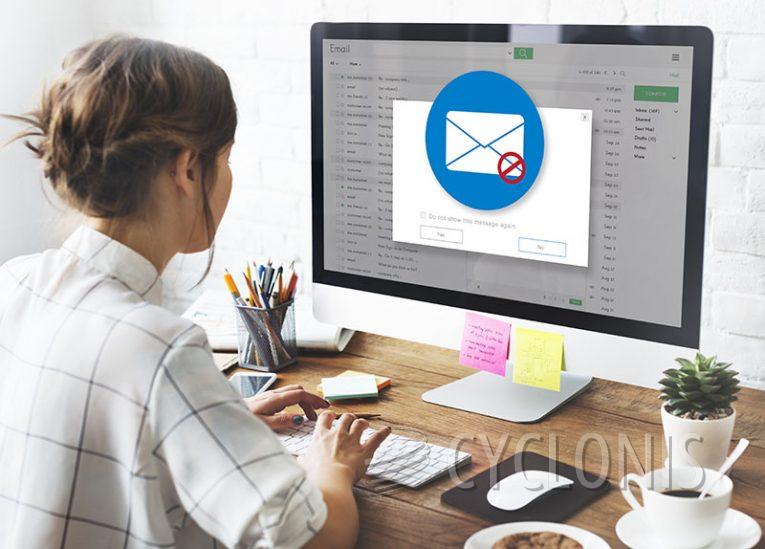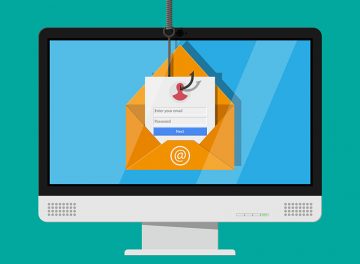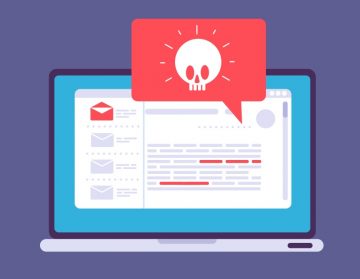'Routine System Maintenance' Email Scam

Upon thorough examination, it has been confirmed that this email is, indeed, a phishing scam. The individuals orchestrating this fraudulent campaign aim to trick recipients into revealing sensitive information on a counterfeit webpage. Consequently, it is strongly recommended to disregard this email.
The phishing email, disguised as a routine system maintenance notification, is directed toward the recipient, ostensibly addressing recent suspicious activity on their account. It urges the recipient to participate in an alleged account restoration process to protect against potential breaches by third parties.
The email purports to offer high-security measures but lacks specific details. The deceptive message insists that the recipient must restore their account settings to regain access, emphasizing that their account will remain inaccessible until the suggested steps are taken.
The message is signed as originating from the "Sec-Management" of the recipient's service provider, further attempting to give an appearance of legitimacy to the fraudulent communication. It contains a button labeled "Restore (recipient's email address) Settings," designed to open a phishing website.
The phishing page mimics the appearance of the official email service provider's sign-in page, adjusting its design to match the recipient's specific email address. For example, if a recipient uses Yahoo Mail, they will encounter a deceptive page that resembles the authentic Yahoo Mail sign-in site.
This imitation is intended to deceive users into entering their login credentials (email addresses and passwords) on a fake website. Scammers can exploit stolen email account login credentials in various harmful ways.
Primarily, they gain unauthorized access to the victim's email account, providing them with personal and sensitive information. This includes access to emails, contacts, and potentially stored documents, which can be exploited for identity theft, financial fraud, or extortion.
Additionally, scammers can use the compromised email account as a launching pad for phishing attacks. They can send malicious emails to the victim's contacts, often leveraging the trust associated with the victim's address book to deceive others into falling for their scams.
The victim's compromised account can be utilized for a wide range of malicious activities, including spreading malware, soliciting fraudulent payments, or perpetrating advance-fee fraud. Furthermore, scammers may attempt to reset passwords for other online accounts associated with the victim's email address.
How Can You Recognize a Scam Email?
Recognizing a scam email is crucial for protecting yourself from various online threats, such as phishing, malware, and fraud. Here are some common signs that can help you identify a scam email:
- Sender's Email Address: Check the sender's email address. Scammers often use email addresses that look suspicious, contain random characters, or impersonate legitimate organizations by making slight alterations to the domain name.
- Generic Greetings: Scam emails often use generic or impersonal greetings like "Dear Customer" or "Hello User." Legitimate organizations usually address you by your name.
- Urgent or Threatening Language: Scam emails frequently use urgent or threatening language to create a sense of panic, such as "Immediate action required" or "Your account will be suspended."
- Spelling and Grammar Errors: Look for spelling and grammar mistakes in the email. Scammers may not pay attention to language details, while legitimate organizations strive for professionalism.
- Unsolicited Attachments or Links: Be cautious of unsolicited attachments or links in emails, especially if you weren't expecting them. Scammers may use these to deliver malware or phishing pages.
- Requests for Personal Information: Scam emails may request personal or sensitive information, such as passwords, Social Security numbers, or credit card details. Legitimate organizations do not ask for this information via email.
- Too Good to Be True Offers: If an email promises unbelievable rewards, prizes, or deals, it's likely a scam. If it sounds too good to be true, it probably is.
- Email Spoofing: Scammers may spoof the sender's address to make it appear as if the email is from a legitimate source. Verify the sender's authenticity by contacting them through official channels.
- Unsolicited Prize Notifications: Be cautious if you receive emails claiming you've won a prize or lottery you didn't enter. These often lead to scams requesting personal information or payments.








